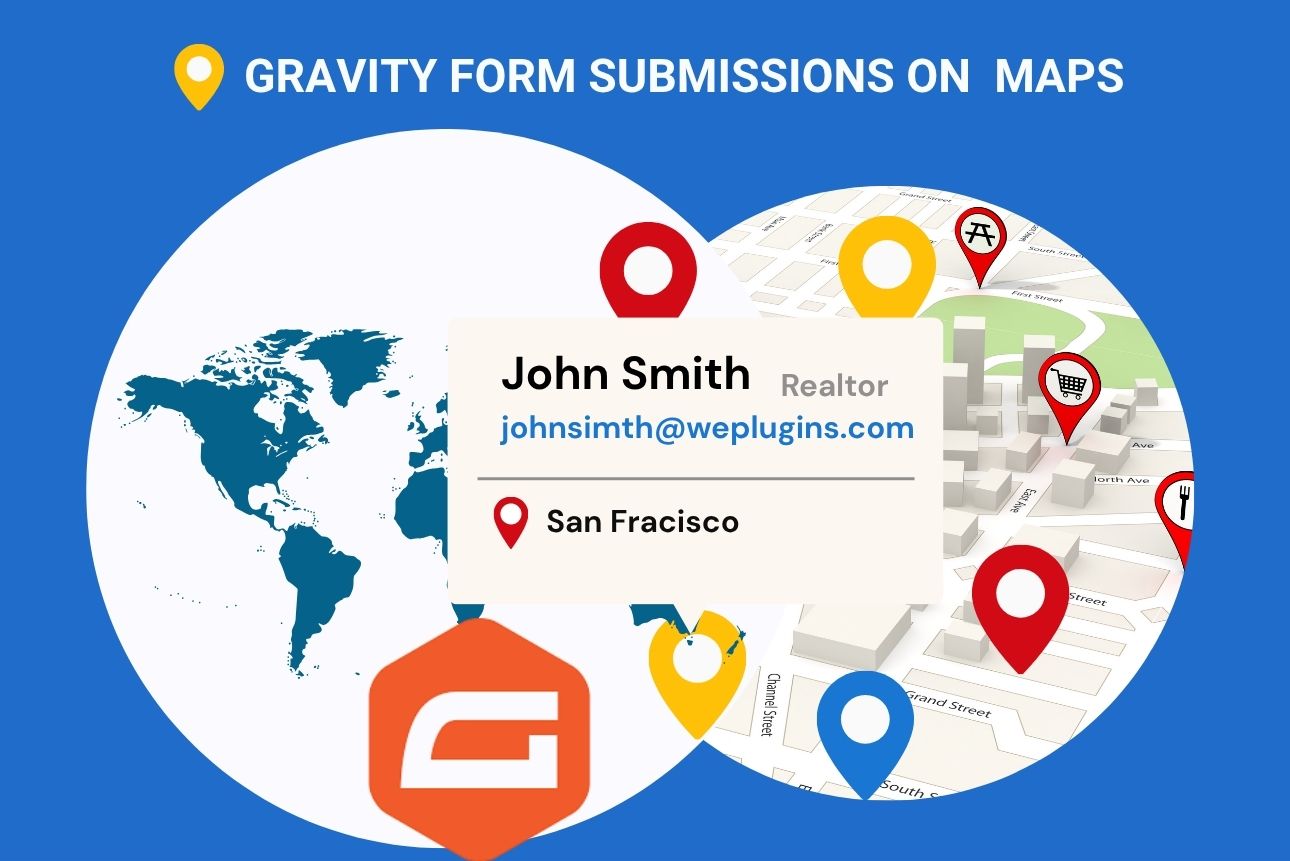This website uses cookies so that we can provide you with the best user experience possible. Cookie information is stored in your browser and performs functions such as recognising you when you return to our website and helping our team to understand which sections of the website you find most interesting and useful.
core_version_check_query_args filter
WARNING: Changing this data may result in your site not receiving security updates. Please exercise extreme caution.
To use the core_version_check_query_args filter, you first need to register it using add_filter. You can write this code into the functions.php of your activated theme or in a custom WordPress Plugin.
At WePlugins, we always prefer to create a custom WordPress Plugin while using hooks so nothing breaks when you update your WordPress Theme in the future.
In the below live example, we have defined a function weplugins_modify_core_version_check_query_args_defaults which takes 1 parameter, and we registered it using add_filter. The first parameter core_version_check_query_args is the name of the hook. The second parameter weplugins_modify_core_version_check_query_args_defaults is the name of the function which needs to be called. The third parameter is the priority of calling the hook if the same hook is used multiple times, and the last parameter is the number of arguments (if any) to be passed in the registered function.
Sometimes, you have to remove a registered hook, so you can use remove_filter to remove the core_version_check_query_args filter.
Parameters
Below is the 1 parameter required to use this hook.
- $query : (array) Version check query arguments.
- ‘version’: (string) WordPress version number.
- ‘php’: (string) PHP version number.
- ‘locale’: (string) The locale to retrieve updates for.
- ‘mysql’: (string) MySQL version number.
- ‘local_package’: (string) The value of the $wp_local_package global, when set.
- ‘blogs’: (int) Number of sites on this WordPress installation.
- ‘users’: (int) Number of users on this WordPress installation.
- ‘multisite_enabled’: (int) Whether this WordPress installation uses Multisite.
- ‘initial_db_version’: (int) Database version of WordPress at the time of installation.
Live Examples
Example 1: Basic Usage
Below is an example of how you can use this hook.
function weplugins_modify_core_version_check_query_args_defaults($query) {
// Update the $query variable according to your website requirements and return this variable. You can modify the $query variable conditionally too if you want.
return $query;
}
// add the filter
add_filter( "core_version_check_query_args", "weplugins_modify_core_version_check_query_args_defaults", 10, 1 );
Example 2: Removing a Hook Callback
To remove a hook callback, use the example below.
remove_filter( "core_version_check_query_args", "weplugins_modify_core_version_check_query_args_defaults", 10, 1 );
Please make sure to provide the same callback function name, priority, and number of arguments while removing the hook callback.
Example 3: Modifying Query Parameters Conditionally
Here’s an example of conditionally modifying the query parameters based on specific conditions.
function weplugins_modify_core_version_check_query_args_conditionally($query) {
if (is_multisite()) {
$query['multisite_enabled'] = 1;
} else {
$query['multisite_enabled'] = 0;
}
return $query;
}
// add the filter
add_filter( "core_version_check_query_args", "weplugins_modify_core_version_check_query_args_conditionally", 10, 1 );
Contact Us
If you need customization or are having any trouble using this hook, please contact us and we’d be happy to assist you.
Explore the latest in WordPress
Trying to stay on top of it all? Get the best tools, resources and inspiration sent to your inbox every Wednesday.




